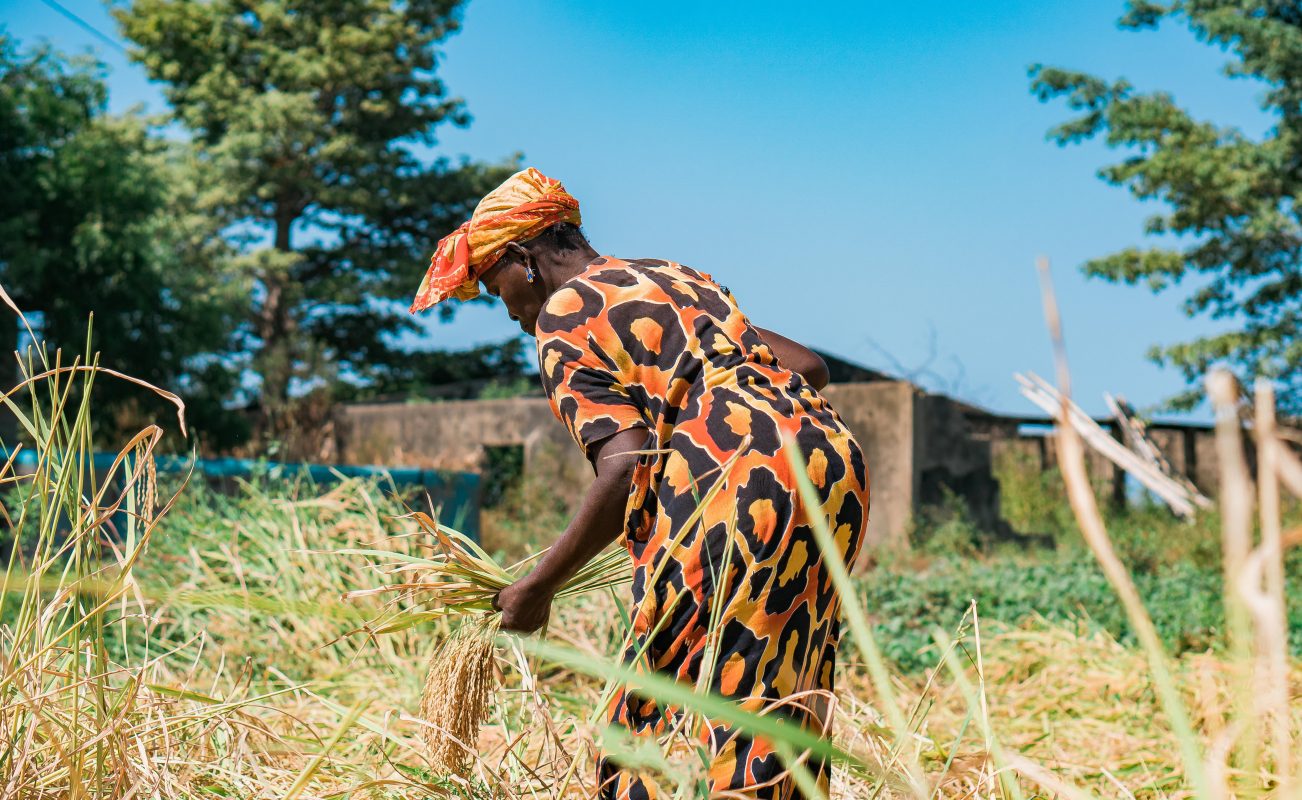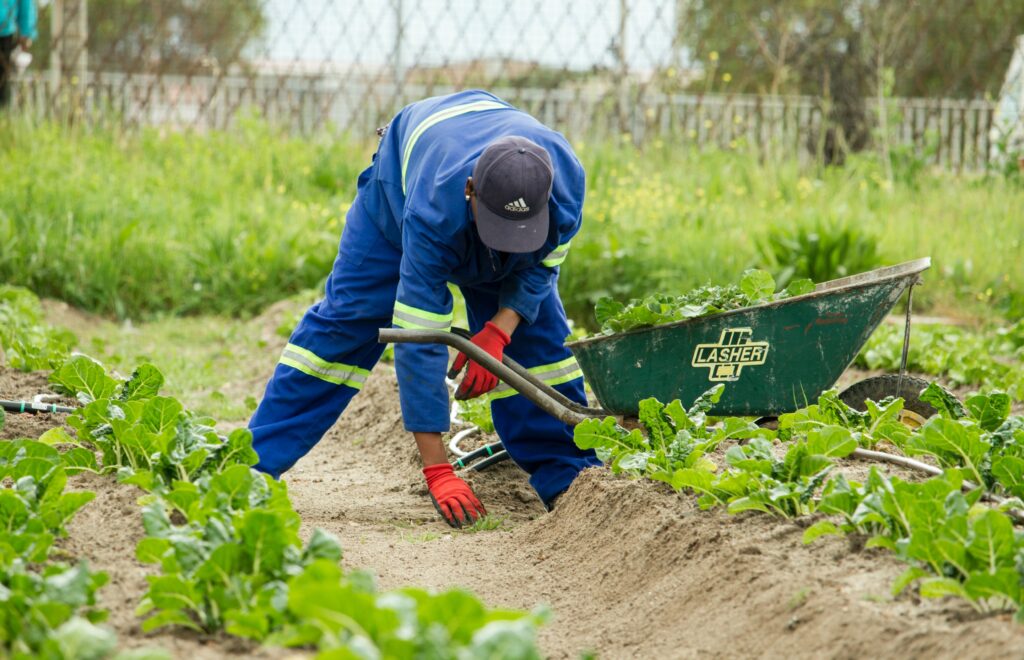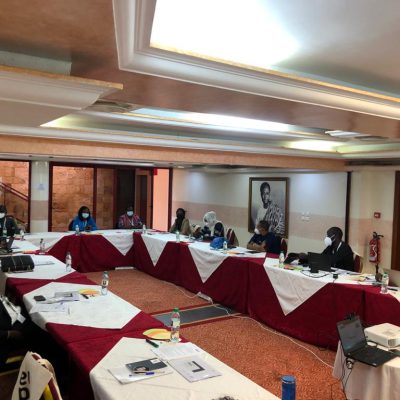
Challenges faced in the agribusiness industry in Ziguinchor
Challenges faced in the agribusiness industry in Ziguinchor
With a dominant economic activity geared towards primary resources, Ziguinchor has been recognized as a strong agri-hub in Senegal. Local players have started building up the startup scene with specific institutions that help agriculture-inclined startups to grow in terms of funding and development.
The city also lies in a very strategic position as it is a border town to neighboring Guinea. With upcoming projects like a new fishing port, there is a strong incentive to drive economic growth in the region considering other trading and export opportunities in the context of regional integration. Upon completion of the ongoing projects, the SFI scores on the Infrastructure domain is projected to increase from its current level of 44.41.
Despite the low participation of women as seen by the SFI indicator score of 37.16, current trends show an increase in women-owned businesses. For example, a Maurice Dasylva study in 2019 shows that women make up about 62% of urban herders . This may be a great opportunity for women to start owning businesses, although it may still be at a subsistence level.

Research shows that the agribusiness industry in Ziguinchor faces 3 major threats
1.Conflicts between farmers and breeders. At times, animals stumble upon cash crops and cause destruction. This creates losses for farmers and subsequently conflict between farmers and breeders. This is very common due to the lack of dedicated space for grazing livestock.
2.The second conflict is tied to the first one — land insecurity. Since most breeders don’t have a designated space, it is common for some of them to live nomadically, moving from place to place in order to feed their herds. Consequently, livestock can become a nuisance to automobile traffic, incite accidents, and create off-putting odors.
3.The final challenge is the presence of pests which directly affects the production output of cash crops. According to a study by Maurice Dasylva in 2019, around 42% of goats, poultry and pigs suffer from recurring epidemics . This is often attributed to ill-equipped farmers, which facilitates the proliferation of diseases like swine flu.
The recent development projects, economic growth, and strategic position can be seen as an opportunity for agri-producers to invest and expand their business to neighboring countries.




